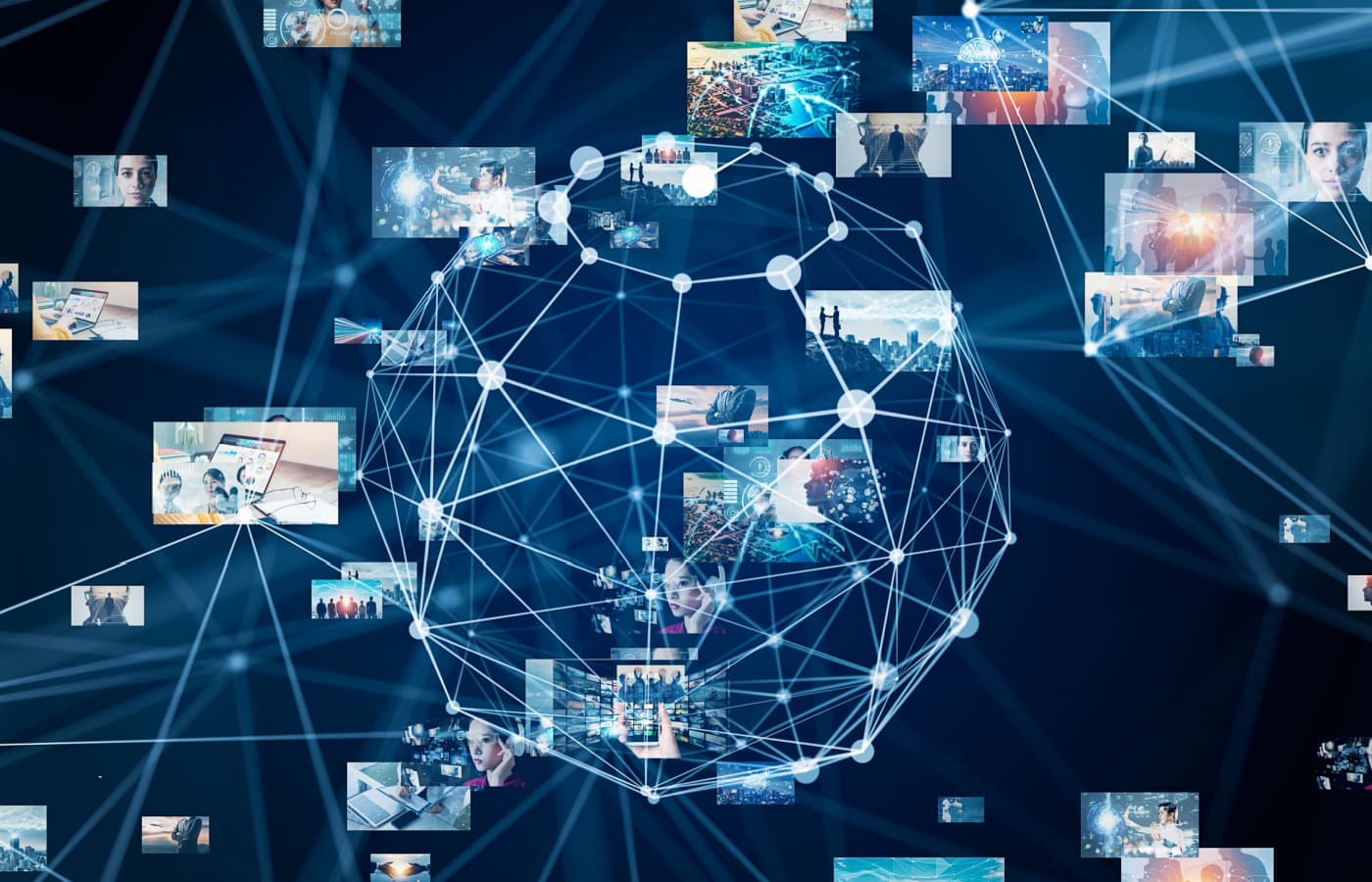In the dynamic realm of technology, Artificial Intelligence (AI) continues to revolutionize various industries, including entertainment and social media. Recent developments have seen AI penetrate the K-pop music industry, giving rise to virtual girl groups like Eternity and Mave. However, the latest frontier for AI’s disruptive innovation lies in the realm of influencers, blurring the lines between reality and digital fabrication.
Aitana Lopez, a 25-year-old AI-powered influencer hailing from Spain, epitomizes this trend with her Instagram presence, @fit_aitana. Boasting over three hundred thousand followers, Aitana embodies uncanny realism, meticulously crafted by AI to simulate the persona of a real-life model. Her virtual soul, carefully constructed by The Clueless agency, exudes personality traits akin to a flesh-and-blood individual, captivating audiences with her vibrant digital persona.
The emergence of AI influencers like Aitana raises profound ethical questions regarding the commodification of authenticity and the perpetuation of unrealistic beauty standards. While Aitana’s digital avatar may appear flawless, her existence underscores a troubling trend toward the virtualization of human interaction and identity.
The Clueless, the agency behind Aitana’s creation, cites practical reasons for venturing into AI-driven influencer marketing, including challenges in securing committed business deals with real-life influencers. This shift reflects a broader industry trend toward leveraging AI to optimize marketing strategies and enhance brand engagement.
However, as AI influencers gain traction, concerns about their societal impact mount. Critics argue that the proliferation of AI-generated personas exacerbates societal pressures by promoting unattainable standards of beauty and behavior. Moreover, the rise of AI influencers raises questions about authenticity and transparency in digital communication, challenging traditional notions of influencer marketing.
As Aitana’s digital persona continues to captivate audiences and rake in impressive earnings, the ethical implications of AI-driven influencer culture demand closer scrutiny. While technological advancements offer unprecedented opportunities for innovation, society must navigate the ethical complexities of AI integration into social media landscapes to ensure a more equitable and inclusive digital future.






